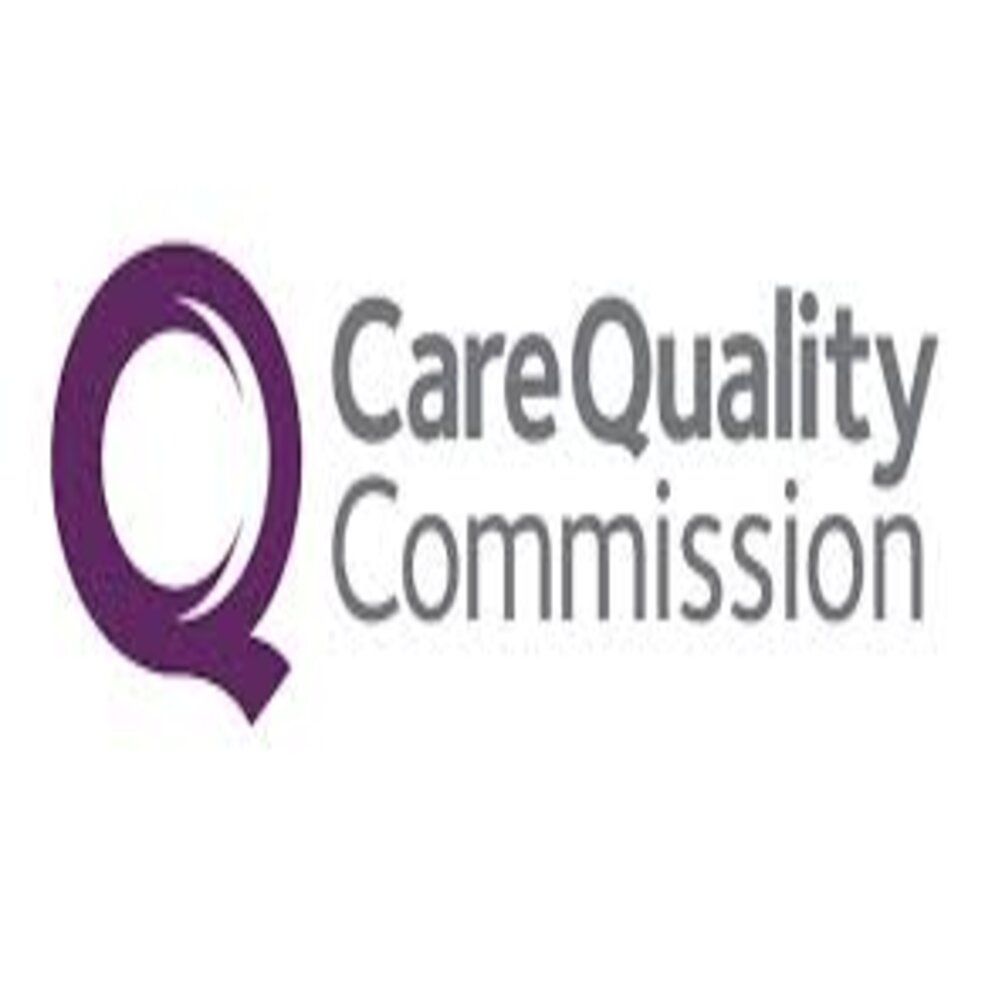Following the success of the NHS Volunteer Responders Programme scheme over the pandemic, the government has announced it will expand it into social care to form a joint NHS and care volunteering programme and allow care providers to recruit volunteers to help people in their local areas.
Backed by £3million, the scheme will use the same GoodSAM app that NHS volunteers currently use, to bring providers and volunteers together. The roles available for care volunteers are:
- Check in and Chat Plus: Contacting people who have been identified as particularly vulnerable to offer a friendly voice to those who may be experiencing loneliness
- Pick up and Deliver: Helping to transport medicines or small items of medical equipment to people’s homes or community settings from NHS sites to aid discharge from hospital or continued healthcare support
- Community Response: Collecting and delivering food shopping and essential items as well as prescriptions and medications to people in the community.
Minister for Care, Helen Whately, said:
“Volunteers can be a lifeline for people needing support. They can provide help to people needing a hand with food shopping, picking up prescriptions or even battling loneliness by lending a listening ear.
“That’s why we are building on the success of the NHS Volunteer Responders programme by expanding into social care. This launch will support the discharge of medically fit patients from hospital, freeing up the time so our workforce can focus on meeting more complex needs and most importantly support people to live independently at home for longer.”
All roles available to volunteers will help ease pressure on the health and social care system, but the Pick Up and Deliver role is specifically designed to support hospital discharge and prevent admissions.
It will help to address challenges around pharmacies dispensing medicines – which NHS professionals cited as one of the biggest difficulties when trying to discharge patients from hospitals – as volunteers will deliver medications directly to patients, allowing them to return home sooner from hospital and removing the need to wait for prescriptions.
Jointly delivered by the Royal Voluntary Service and GoodSAM, the expansion of the NHS programme into social care will help to ease pressure on the NHS also as volunteers will be able to step in to support people waiting to be admitted to hospital, those recently discharged and people in the community. This will free up the social care workforce enabling them to focus on those with more complex needs to live independently.
The government is also continuing to look at ways to expand and maximise the benefit of volunteers in the NHS, such as whether it would be possible to make it easier to apply for volunteer roles by, for example, by removing the requirement for employment history where this isn’t necessary.
Volunteers can be crucial in supporting the health and care sector and complement the existing workforce. They do not replace the existing, highly valued, paid health and care staff.
Sam Ward OBE, Deputy CEO of Royal Voluntary Service, said:
“The NHS Volunteer Responders scheme has been invaluable to the NHS and communities for the past three years. We are privileged to be taking the learning from the pandemic and extending the support of the valued volunteers to even more people and communities, working closely with social care providers and NHS England.”
Dame Ruth May, Chief Nursing Officer for England, said:
“We are delighted that this innovative volunteering programme is being expanded and look forward to seeing what positive changes this move can bring for our social care colleagues – it has been a wonderful support for the NHS over the last couple of years.
“There are a wide range of roles available which give amazing support to our patients and existing staff – we are looking for people who can help provide essentials to others who may be vulnerable, or for those who want to take a potential first step into a career in the NHS. If you are interested - we want to hear from you.”
Local authorities have been referring care recipients from the start of the NHS Volunteer Responder Programme and have found the scheme useful. Volunteer Responders will soon be able to provide support to more people in the community when other care providers, including care homes are able to request volunteers.
Samantha Aylott, Specialist Advisor for Adult Social Care at Essex County Council, regularly uses the Volunteer Responder programme to organise volunteer Check in and Chat calls for people as part of their social care package.
Samantha said:
“It’s immensely helpful to be able to offer people emotional wellbeing support and the opportunity to have a friendly phone call as part of their care package. Having someone to chat to can mean a lot to the adults we work with; it’s about knowing someone cares and is interested in them.
“I would recommend the programme to other social care providers, it’s quick and easy to use.”
Maz Chafekar, 51, is from Birmingham and initially signed up as a Check in and Chat volunteer during the first lockdown. Following the relaunch, of the service, Maz is once again volunteering providing friendly phone call to support vulnerable, isolated, or lonely people.
Maz Said:
“When I first heard about NHS Volunteer Responders, I believed that the role was just perfect for me. It is such a positive way to engage with people and give back to my community.
“There are so many people on their own, without anyone to turn to, and I want to give them as much support as possible. Many people are vulnerable and lonely and as a Responder it’s great to know that I am helping people to overcome the challenges that they are going through. It’s very rewarding.”
“A lot of people need support, and a chat can go a long way. For those who are lonely, in some cases without family or friends nearby, having someone to speak to can make such a difference to their happiness.”
“I’ve had calls which start teary but by the end of it, they are smiling and feeling a lot better.”
For further information on the roles and how to sign up: NHS and Care Volunteer Responders | Supporting Health & Social Care (nhscarevolunteerresponders.org)






















